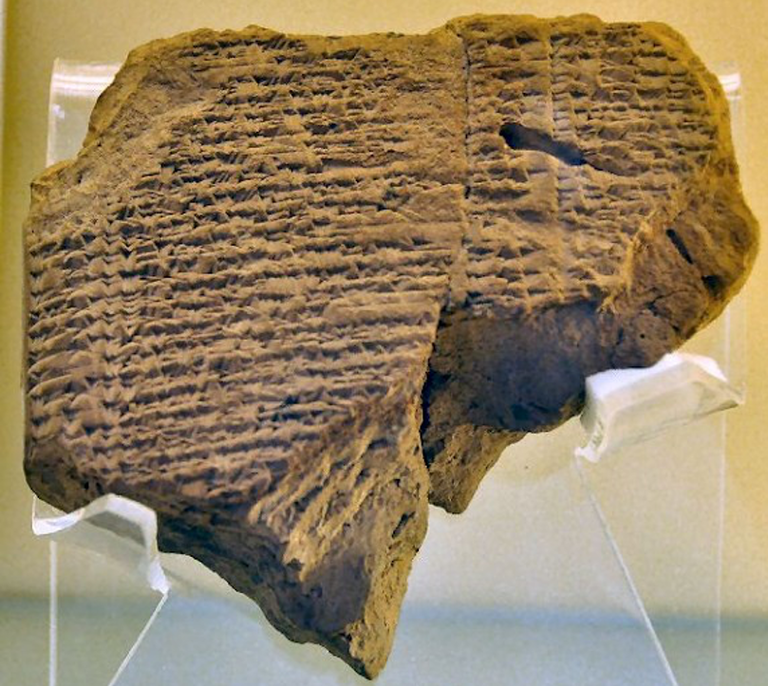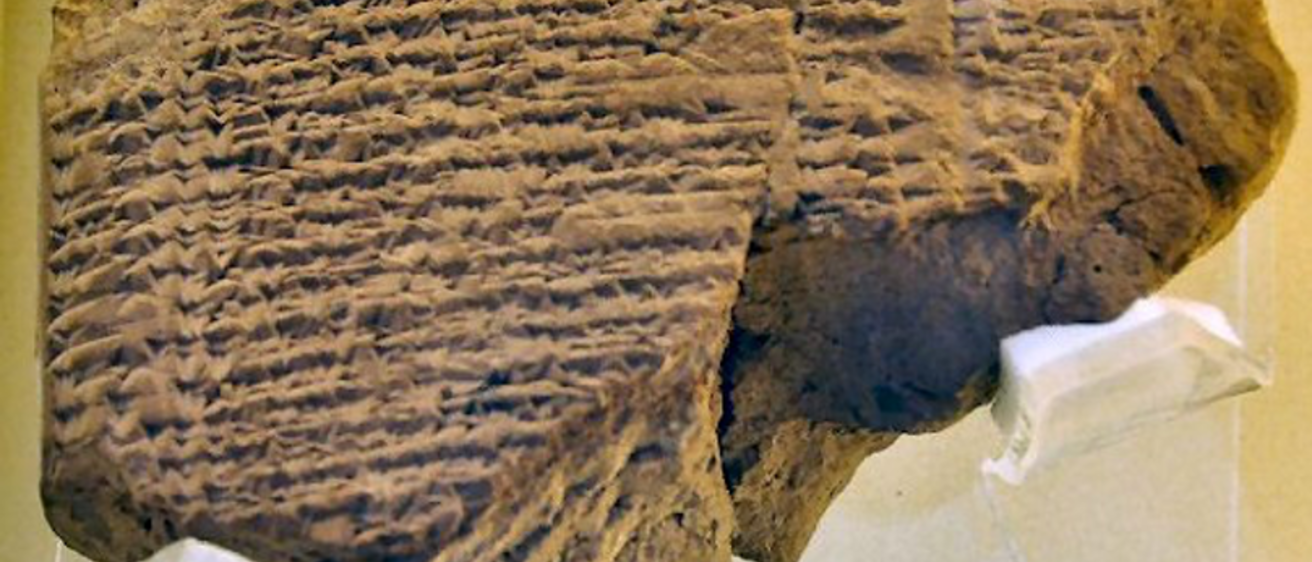If you look in a textbook or search the web for a list of the kings for Judah, you will probably find a list that names Zedekiah as Judah's last king (597–586 BCE). Zedekiah's sons were murdered before him, and he was then blinded and led into exile, as Babylonian king Nebuchadnezzar II destroyed Jerusalem and Solomon’s Temple in 586 BCE (2 Kings 25:1–7). Thus, he can rightly be understood as the final king of Judah in a historical sense.
However, the compilers of 2 Kings have reasons for writing down these terrible events beyond simply recording history, and they tack a short epilogue onto the end of 2 Kings for this very reason: hope.
The book of 2 Kings is the final work of what we call the Deuteronomic History, which starts with Moses in Deuteronomy and ends with the Exile in Babylon. Its goal was to explain both why the Exile happened and how there could be hope for the future. Under Zedekiah, the punishment predicted by Moses in Deuteronomy 30:15–20 is fulfilled. However, this is not where 2 Kings ends its narrative.
It ends instead with the story of Jehoiachin, the Davidic king who was deposed and exiled by Nebuchadnezzar right before Nebuchadnezzar appointed Jehoiachin's uncle, Zedekiah, as puppet king in Judah. Jehoiachin was taken into exile and placed in prison. However, upon the ascension to the throne of Nebuchadnezzar's son, Amel-Marduk, Jehoiachin and his courtiers were freed, given an allowance, and according to 2 Kings 25:27–30, remained in Babylon and regularly dined with the Babylonian king as part of his royal court.

This account is corroborated by cuneiform tablets discovered by German archaeologist Robert Koldewey while digging in barrel vaults near the Ishtar Gate in Babylon. Two of the tablets specifically mention the king Jehoiachin of Judah and his sons, and list in detail the allowances given to them.
Thus, the epilogue in 2 Kings mentioning Jehoiachin as "exilarch" (ruler in exile) provides hope for the Jewish faithful by tying the Exile back to the patriarch Joseph, who was also taken to a foreign land as a prisoner, only to rise to a position of authority. While readers of the horrors of the destruction of the Jerusalem Temple and of the Exile knew that the "suffering of Egypt" may be ahead of them, they also hoped that an anointed Davidic king lived on, and the brief mention of Jehoiachin at the end of 2 Kings offered similar hope that another Exodus awaited.
